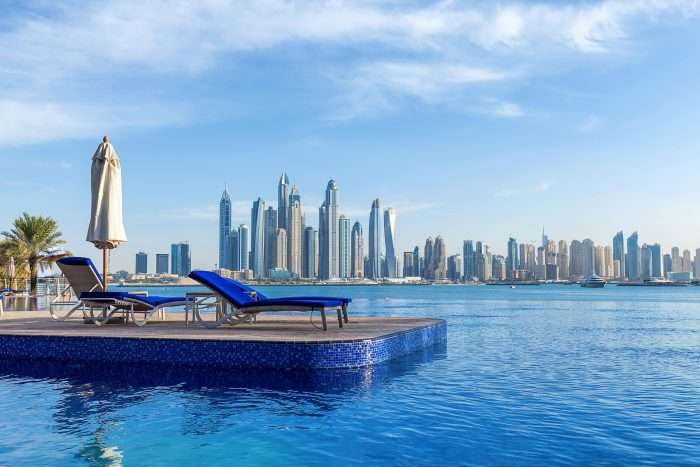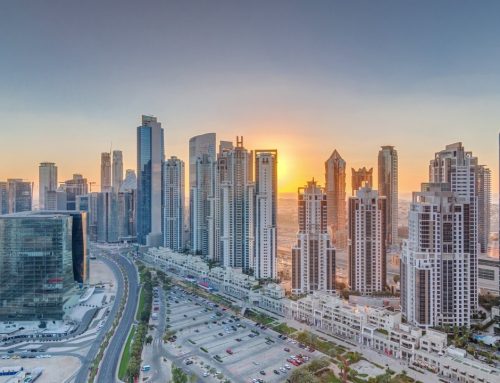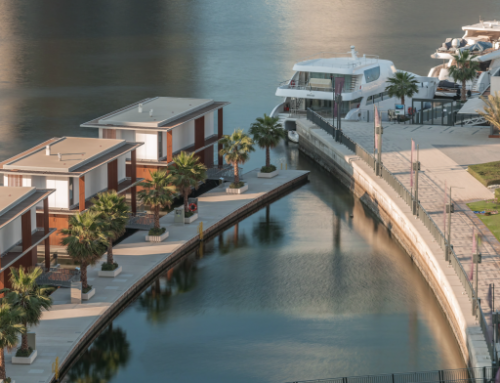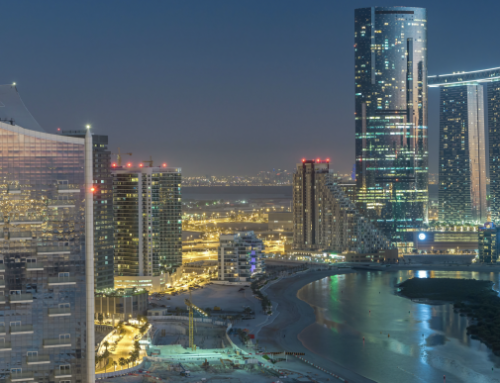Eco-Friendliness of Short-Term Rentals vs. Hotels in 2024

Are you planning your next getaway or business trip and wondering which accommodation option is more eco-friendly?
Let’s delve into the debate between short-term rentals and hotels and see which one comes out on top from an environmental perspective.
The Appeal of Short-Term Rentals
Short-term rentals, like those offered through platforms such as Airbnb and Vrbo, have been gaining popularity in recent years. These accommodations often involve renting out privately-owned residences, offering travelers a home-away-from-home experience. But are they also better for the planet?
Eco-Friendly Features of Short-Term Rentals
- Utilization of Existing Space: Short-term rentals make use of already-existing residential properties, reducing the need for additional construction and minimizing environmental impact.
- Less Frequent Cleaning Services: Unlike hotels, where rooms are cleaned daily, short-term rentals typically offer housekeeping services only when necessary. This means less water and energy consumption associated with cleaning.

Embracing Sustainability in 2024
In 2024, the emphasis on sustainability has only grown stronger. With events like COP28 and the UAE’s extended Year of Sustainability, the focus on eco-friendly practices has never been more important. Short-term rental hosts are increasingly incorporating sustainable features into their properties, such as:
- Electric Car Chargers: Many short-term rentals now offer electric car charging stations, promoting eco-friendly transportation options for guests.
- Water Filtration Systems: Instead of disposable plastic water bottles, some hosts are installing water filtration systems to provide guests with clean drinking water while reducing plastic waste.

Hotels: The Traditional Choice
Environmental Considerations
Hotels, while offering convenience and amenities, may not always be as environmentally friendly as short-term rentals. Some factors to consider include:
- High Occupancy Rates: Hotels are designed to accommodate a large number of guests, which can lead to higher resource consumption in terms of water, energy, and waste.
- Daily Housekeeping Services: Many hotels offer daily housekeeping services, which contribute to increased water and energy usage for laundry and cleaning.

Sustainability Efforts in the Hotel Industry
To mitigate their environmental impact, hotels are also implementing sustainability initiatives. These may include:
- Energy-Efficient Practices: Installing energy-saving light bulbs, implementing HVAC systems with smart thermostats, and utilizing renewable energy sources.
- Waste Reduction Programs: Implementing recycling programs, reducing single-use plastics, and composting organic waste.
When it comes to choosing between short-term rentals and hotels, there are environmental factors to consider. While both options have their pros and cons, short-term rentals may have an edge in terms of eco-friendliness due to their utilization of existing space and reduced cleaning frequency. However, hotels are also making strides in sustainability, with many implementing green practices to minimize their environmental footprint.
Ultimately, the decision lies with the individual traveler and their priorities. Whether you opt for a cozy apartment rental or a luxurious hotel stay, making informed choices can help contribute to a greener future.





